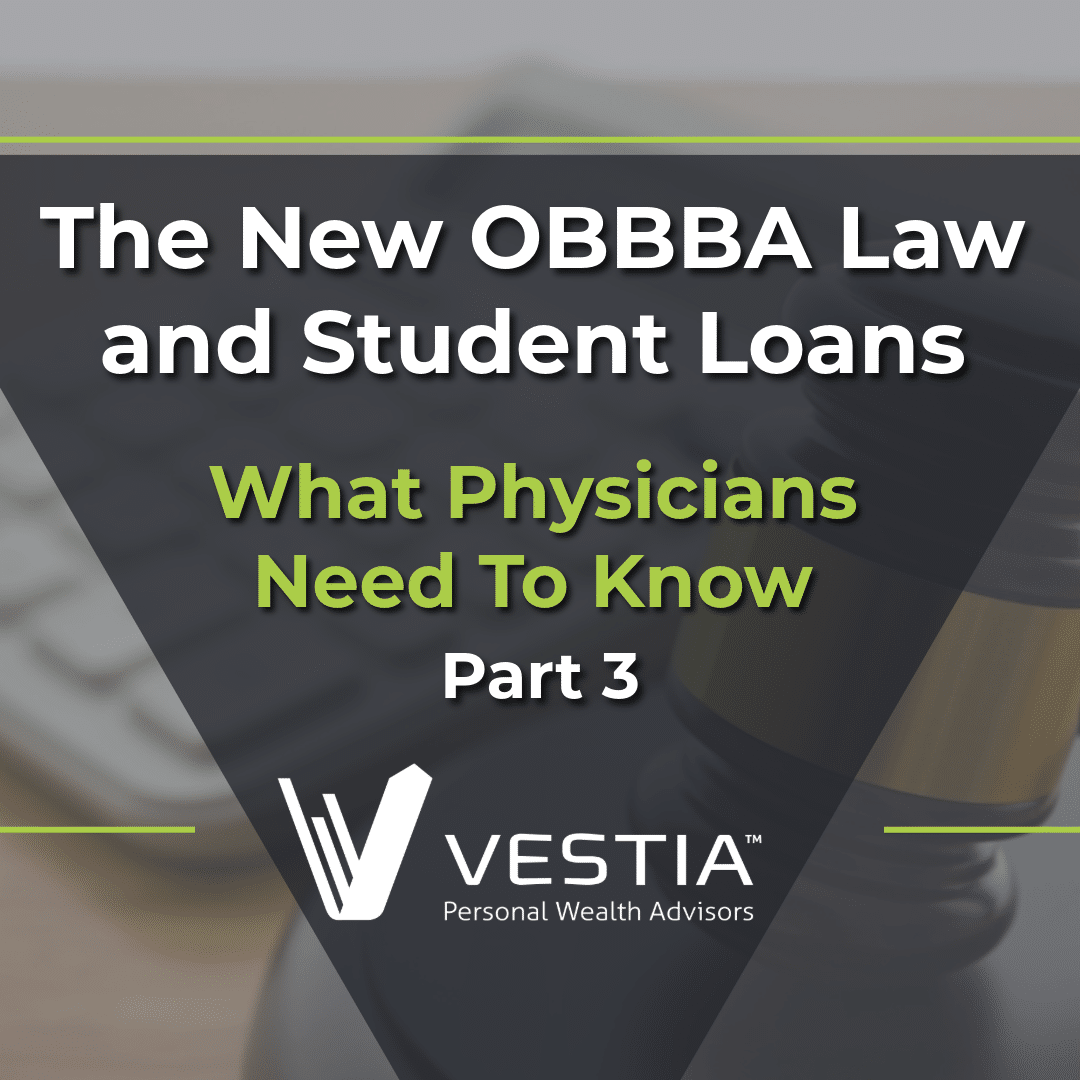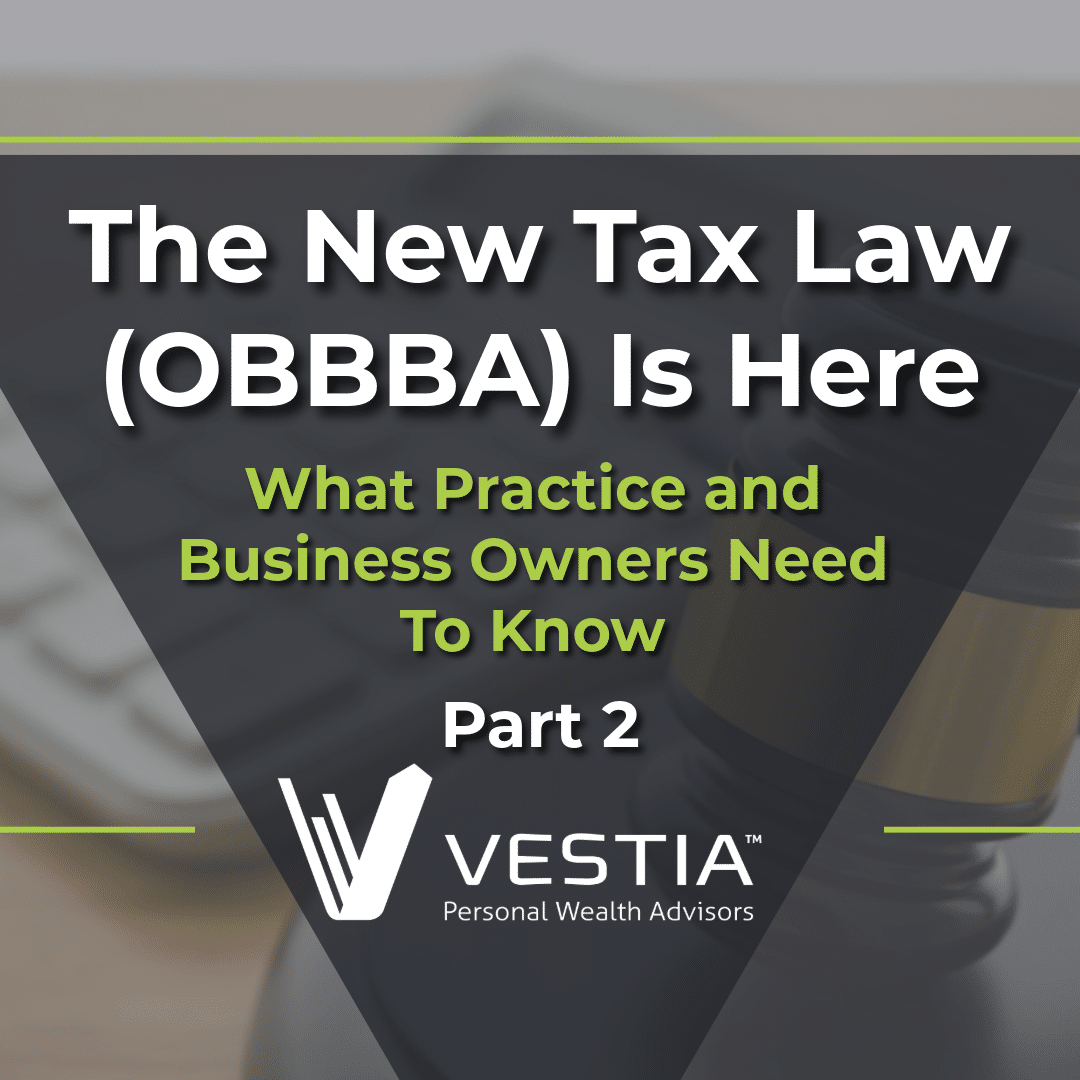Are you in the market for a new home?
Join the club.
The housing market is still roaring strong, and as the spring rapidly approaches, there will be more open houses, for sale signs, and realtor calls than you know what to do with.
Feeling overwhelmed?
For physicians buying their first homes, you’re in luck! We’ll walk you through some important financial considerations, so you feel like you’re living the dream without jeopardizing your future.
Know How Much House You Can Afford, and Set A Realistic Budget.
Physicians work so hard throughout their careers, and as a new doctor, it’s gratifying to see all the late nights, long hours, and grueling exams pay off with your first position out of residency.
Even though that post will likely come with a hefty salary increase, it’s critical to taper your home-buying ambitions. You don’t want to put yourself in the position of over-spending on the house and under-spending on other areas of your life that are important to you, like trips with friends, starting a family, investing for the future, paying off debt, etc.
So where should you start?
Pre-Qualification and Pre-Approval
Before you fall in love with a house and picture tending to hydrangeas in the backyard, you’ll need to get pre-qualified for a mortgage loan.
Here’s the thing with pre-qualification: the bank will likely pre-qualify you far beyond what’s reasonable for you to spend, as they may not factor in your student loan debts and other monthly payments.
In this hot housing market, you can also strengthen your application to get pre-approved for the loan, and doing so may make your offer more attractive to sellers.
What’s the difference between the two?
- Pre-qualification is more of a ballpark estimate for how much the bank anticipates you can borrow. Since the prospective buyers provide all this information, the lender doesn’t evaluate your creditworthiness in-depth.
- Being pre-approved is an affirmative “yes,” from the bank for how much you can borrow, and it’s essentially the next step after pre-qualification. You may also be able to lock in an interest rate at this stage.
The Starter Versus The Forever Home
The home-buying process looks different for every doctor, depending on their career path.
For example, it’s common for doctors in private practice to have a more minimal associate-level income, which could double, triple, or even quadruple, if they make it to parter-level. So for them, it may make sense to purchase a more modest starter-home and upgrade after they make full partner.
At Vestia, we can help you evaluate these and other nuances. For your situation, it may make sense to buy your “forever” home right out of the gate because it’s in an area that’s close to family, your starting salary is great, and you’re in a place where you see the potential for significant career growth.
Whichever route you choose, it’s essential to ensure that buying a house doesn’t derail your other financial obligations and long-term goals. We can help you consider the complete picture.
Consider The “Extra” Expenses of Homeownership
Home buying isn’t just about building equity, though that’s certainly a perk.
Several payments will pop up along the way that proves buying a home is more than just the price tag on the house. Here are just some of the upfront costs to consider.
- Down payment
- Closing costs
- Inspection reports and other service charges
- Transfer taxes and recording fees
- Property taxes
There are several ongoing expenses you should plan for as well, including
- Ongoing maintenance (lawn, roof, plumbing, electrical, etc.)
- Utilities
- Homeowners insurance
- Property taxes
- Homeowners association fee, if applicable
- Upgrades and updates
Homeownership has its perks, but there are a lot of additional expenses that you need to prepare for in your cash flow plan. If you overspent on the purchase price, what will happen if you have to fix the roof, replace a window, or upgrade an appliance?
Separate Your Wants From Your Needs
Although the line between a “want” versus a “need” can feel gray at times, try to distinguish what your non-negotiables are before you buy a home.
- Do you want an open-concept kitchen?
- Do you need at least two bathrooms?
- Is a first-floor main bedroom suite a must-have?
Write out which items you can’t live without and which items would be nice-to-haves, so you know what they are before you start viewing houses. Having a clear picture of what you want will make the home buying process smoother from the start.
Make Sure You Like The Area, A Lot
A house could have all the bells and whistles, but it may not be an ideal home for you if it’s not in the right area.
It’s not uncommon for new doctors to move around a lot, especially if they want to specialize. If you’re only planning on remaining in the area for a year or so, going through the trouble of buying and selling a house probably wouldn’t make much financial sense.
But if you do plan on staying long-term, ask yourself,
- Do you like the location of the house?
- Is it walking distance to entertainment?
- Does it add a 20+ minute commute (or more) to the hospital/practice?
- Do you know the neighbors?
- Is there rental potential?
- Is it in a good school district?
These elements aren’t just important to you, but future buyers as well.
And remember, buying isn’t always the answer. Renting can be financially and personally beneficial for many new-to-practice doctors.
Buying Too Soon, A Case Study
A client of ours accepted a fellowship in an unfamiliar city. Since she didn’t know the area or have friends to show her the ropes, we suggested she rent for the first year to get a lay of the land and ensure she liked the job.
But homeownership was an important goal for her—they don’t call it the American dream for nothing—and really wanted to put down roots, so she purchased a home.
Unfortunately, the job wasn’t a great fit, and she wanted to sell the house so she could move back to an area close to family and friends. But since she only owned the home for a year, there wasn’t substantial equity, and the property hadn’t increased in value.
On top of that, she had to take out a loan to cover the cost of selling the house—not the position you want to be in when you’re just starting out.
It’s also important to note that many physician contracts come with a non-compete clause, so if you want to leave your job, you may not be able to keep your house as you have to leave the area. This could be a good point to discuss for your contract negotiation.
Acquire A Physician’s Loan
One critical component to many mortgage loan applications is the debt to income ratio. Lenders pay close attention to your existing debt and if you have the income required to take on a new payment.
Doctors have far more debt than the average first-time homebuyer just coming out of school, making it much more challenging to qualify for competitive conventional loans.
As a rule of thumb, physicians could anticipate their mortgage being somewhere 2-3x their gross income. One factor that may impact that number is how many (and how much) you owe in student loans. If you’re sitting on a pile of student debt, it may be best to air on the side of caution and stay on the lower end of that expected range.
A physician’s mortgage or doctor’s loan is a program that enables doctors to get a mortgage loan based on their future income potential. These often come with a less substantial down payment, limited to no PMI, and other benefits.
At Vestia, we always stress that a good doctor loan comes with no PMI! We have close relationships with lenders that have physician loan programs nationwide and can always make an introduction.
Buying your first home can be a whirlwind of a process, and we’re here to make that journey a bit easier (and more fun!). Set up a call with our team at Vestia to get started.
Disclaimer:
Investment advisory services offered through Vestia Personal Wealth Advisors, Vestia Retirement Plan Consultants, and Vestia Advisors, LLC. Securities offered through Ausdal Financial Partners, Inc., 5187 Utica Ridge Rd, Davenport, IA. 52807 (563)326-2064. Member FINRA/SIPC. Vestia Personal Wealth Advisors, Vestia Retirement Plan Consultants, Vestia Advisors, LLC, and Ausdal Financial Partners, Inc. are independently owned and operated.
This material is intended for informational purposes only. It should not be construed as legal or tax advice and is not intended to replace the advice of a qualified attorney or tax advisor. This information is not an offer or a solicitation to buy or sell securities. The information contained may have been compiled from third-party sources and is believed to be reliable.


